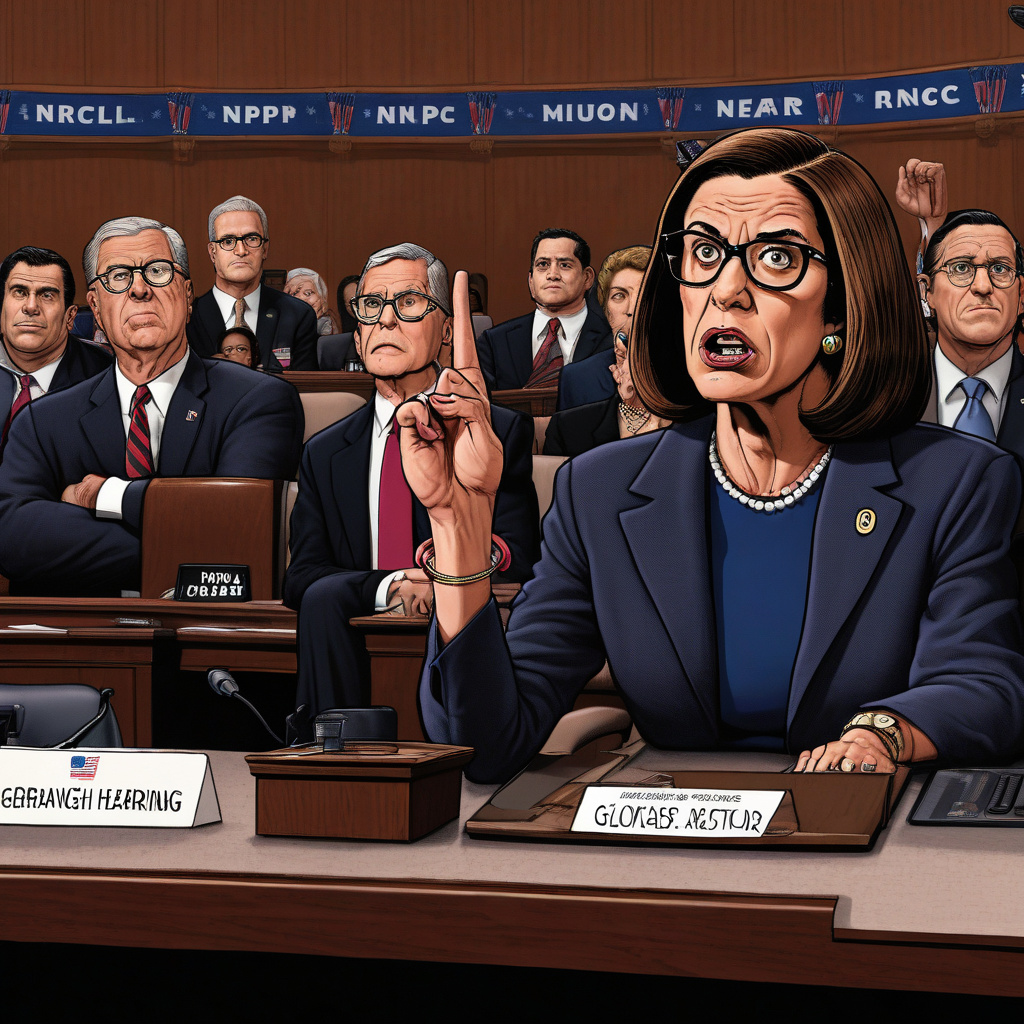In a recent turn of events, Brendan Carr, often dubbed as “Trump’s Censorship Czar,” has set off a wave of concern by initiating investigations into NPR and PBS. The Federal Communications Commission (FCC) chair’s move has sparked debates on press freedom and government interference in media institutions.
Carr’s decision to delve into the operations of NPR and PBS has raised eyebrows across the industry. As stalwarts of public broadcasting, these organizations have long been regarded as pillars of independent journalism, delivering unbiased news and diverse content to audiences nationwide. The scrutiny they now face underlines a growing unease about the state of media freedom in the country.
The implications of Carr’s actions go beyond mere investigations. By urging Congress to defund NPR and PBS, he is striking at the heart of public broadcasting, potentially jeopardizing the vital role these institutions play in providing quality, non-commercial programming to millions of Americans. This move has ignited a fiery debate about the boundaries of government involvement in media and the protection of free speech rights.
At the same time, Carr’s stance has ignited a fierce backlash from advocates of press freedom and defenders of public broadcasting. Critics argue that these investigations are politically motivated and represent an attempt to silence dissenting voices in the media landscape. The labeling of Carr as “Trump’s Censorship Czar” further amplifies concerns about the erosion of journalistic independence and the specter of government control over the press.
The controversy surrounding Carr’s actions serves as a stark reminder of the challenges facing media organizations in an increasingly polarized environment. As technology continues to reshape the media landscape, questions of funding, independence, and accountability loom large. The fate of NPR and PBS, iconic symbols of public broadcasting, hangs in the balance as they navigate choppy waters of political scrutiny and financial uncertainty.
In conclusion, Carr’s investigation into NPR and PBS and his call to defund these institutions have ignited a fierce debate about the role of government in media and the protection of press freedom. The outcome of these probes will not only shape the future of public broadcasting but also set a precedent for the relationship between the government and the media in the United States. As stakeholders on all sides weigh in on this contentious issue, the fundamental principles of a free and independent press hang in the balance.

